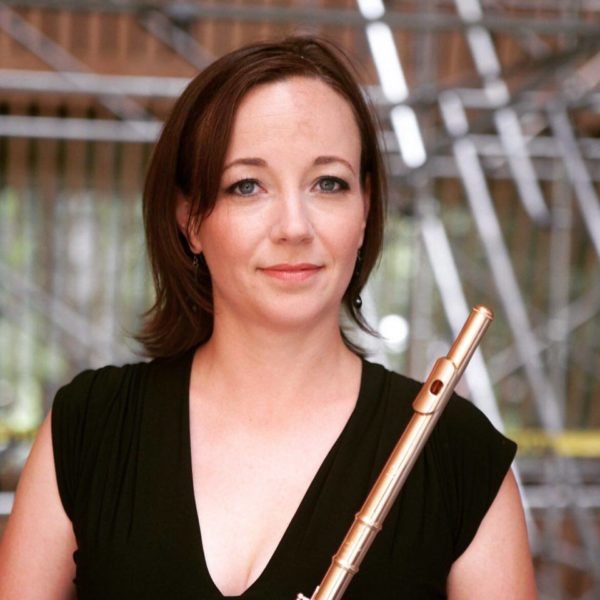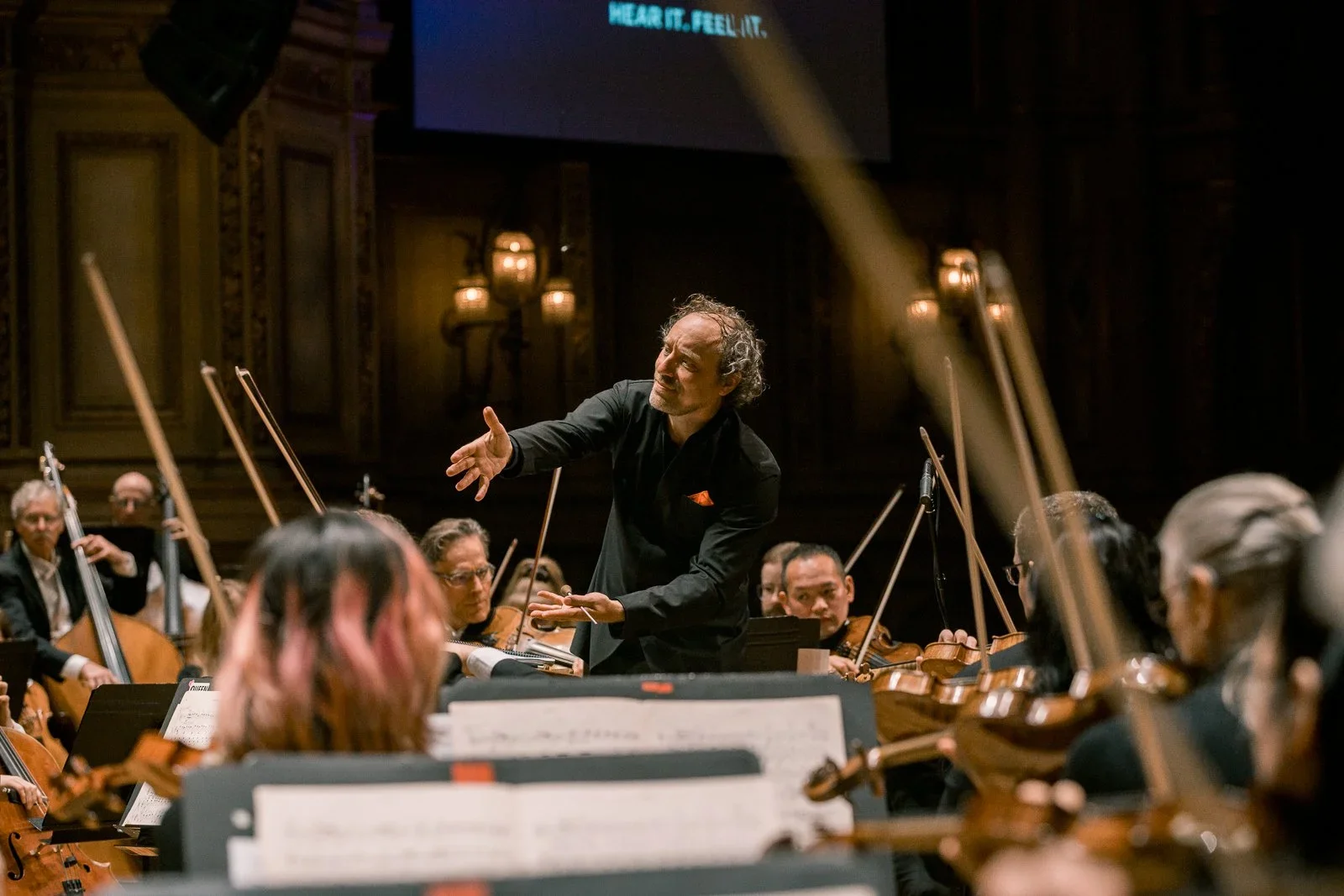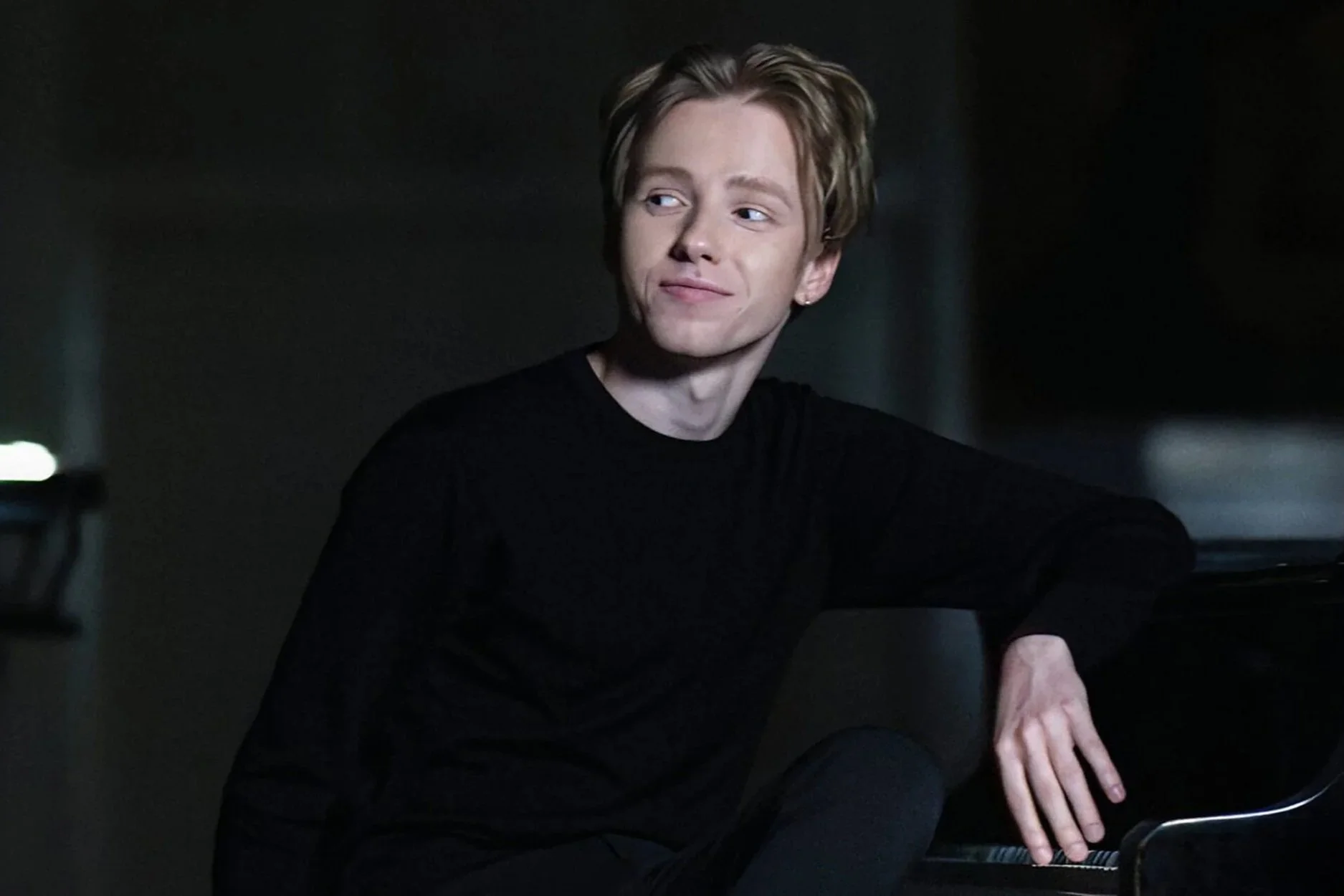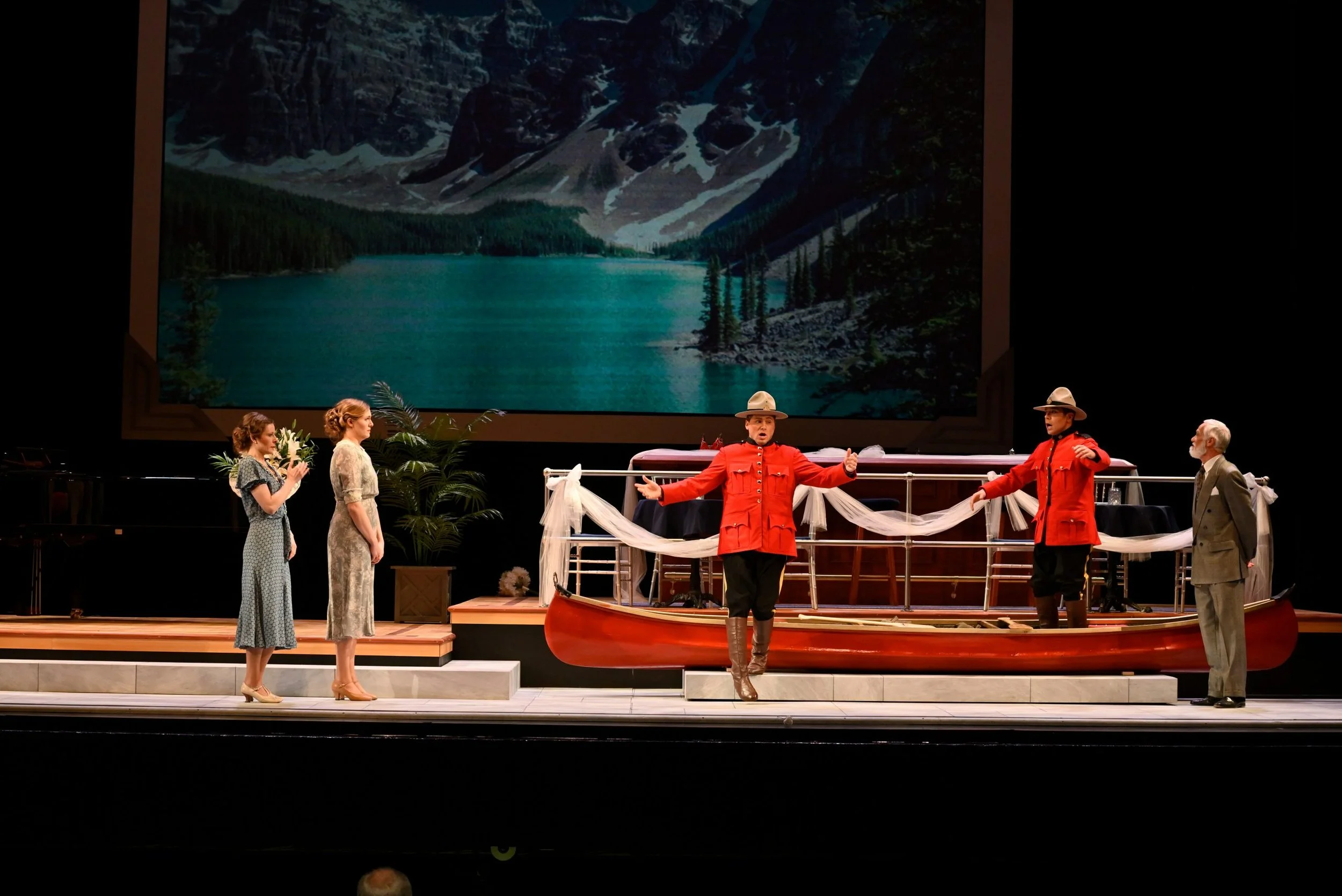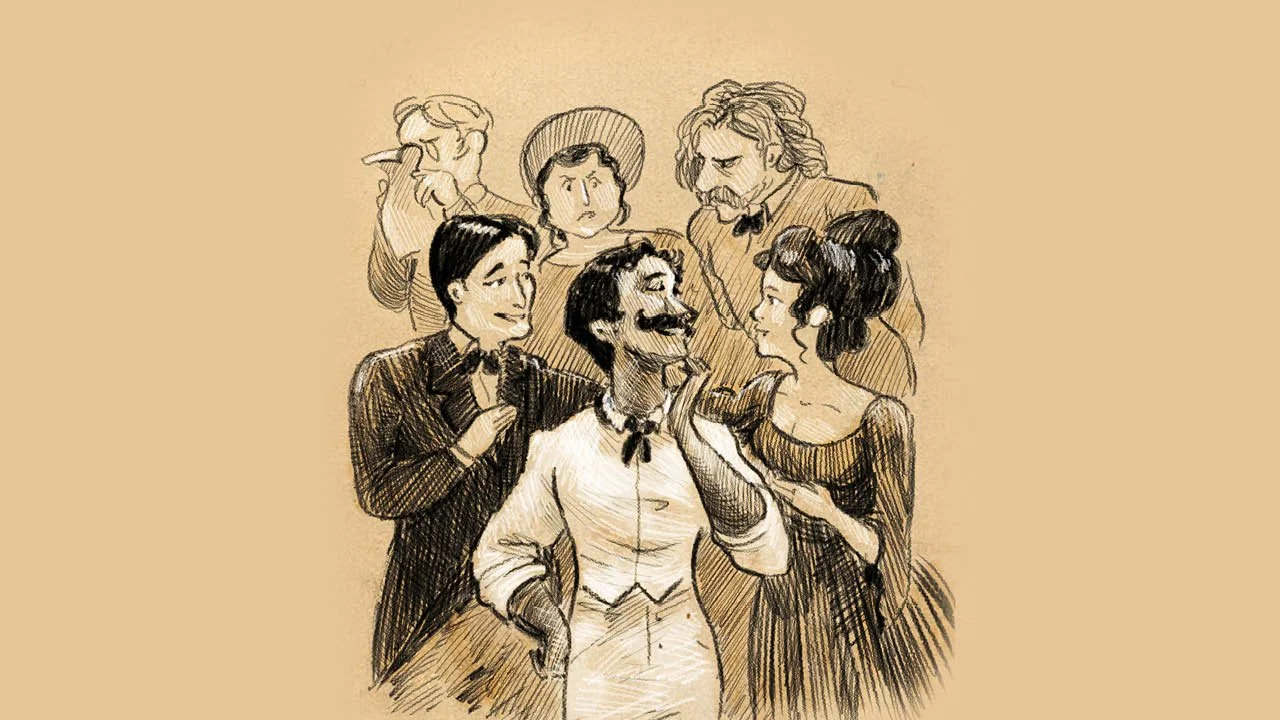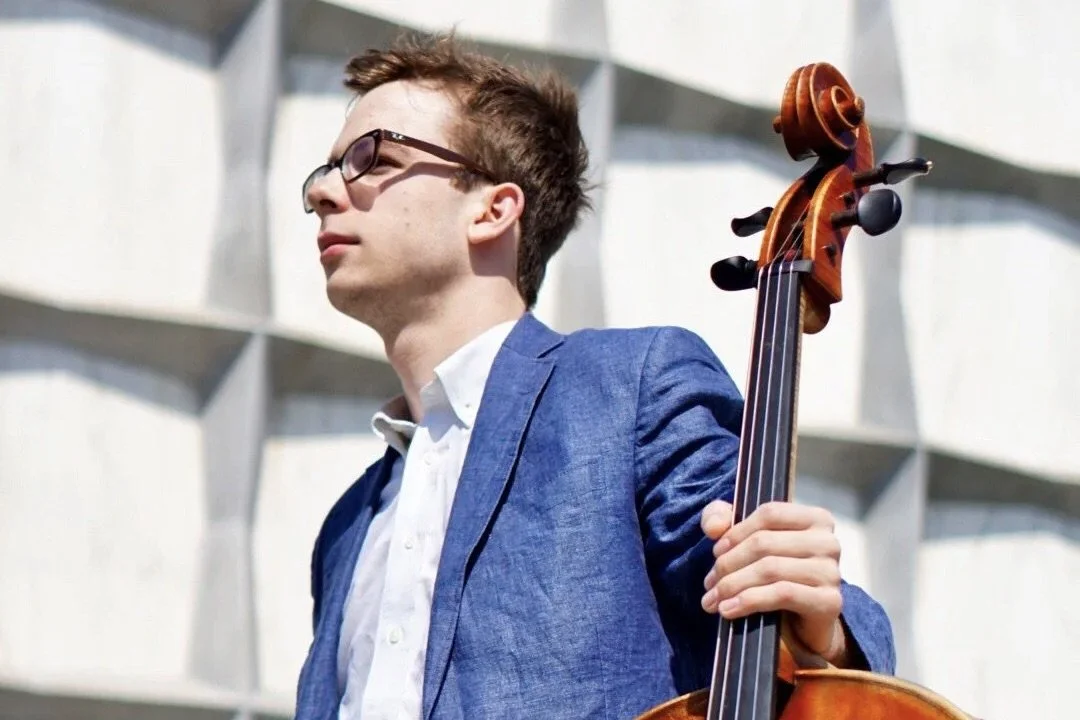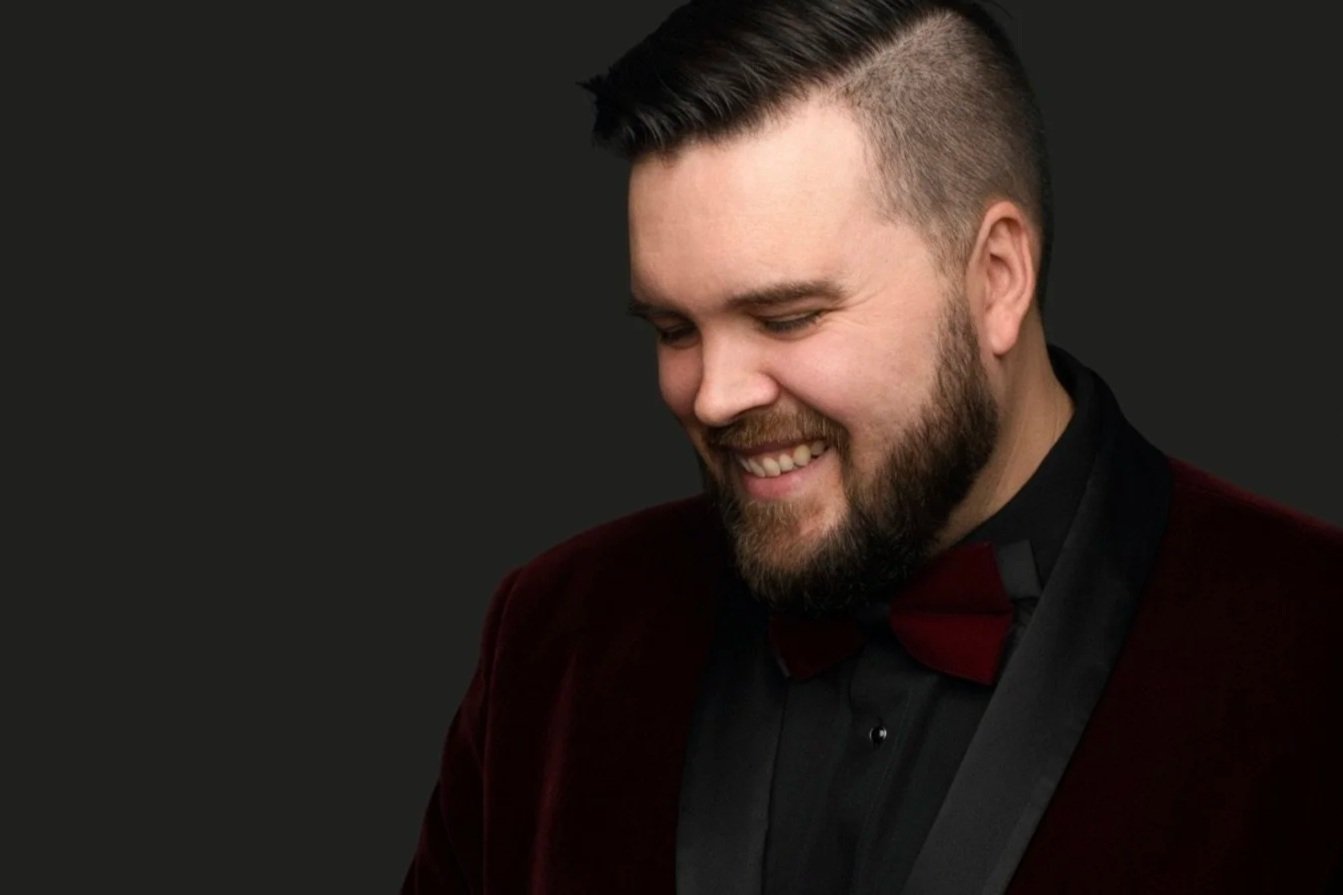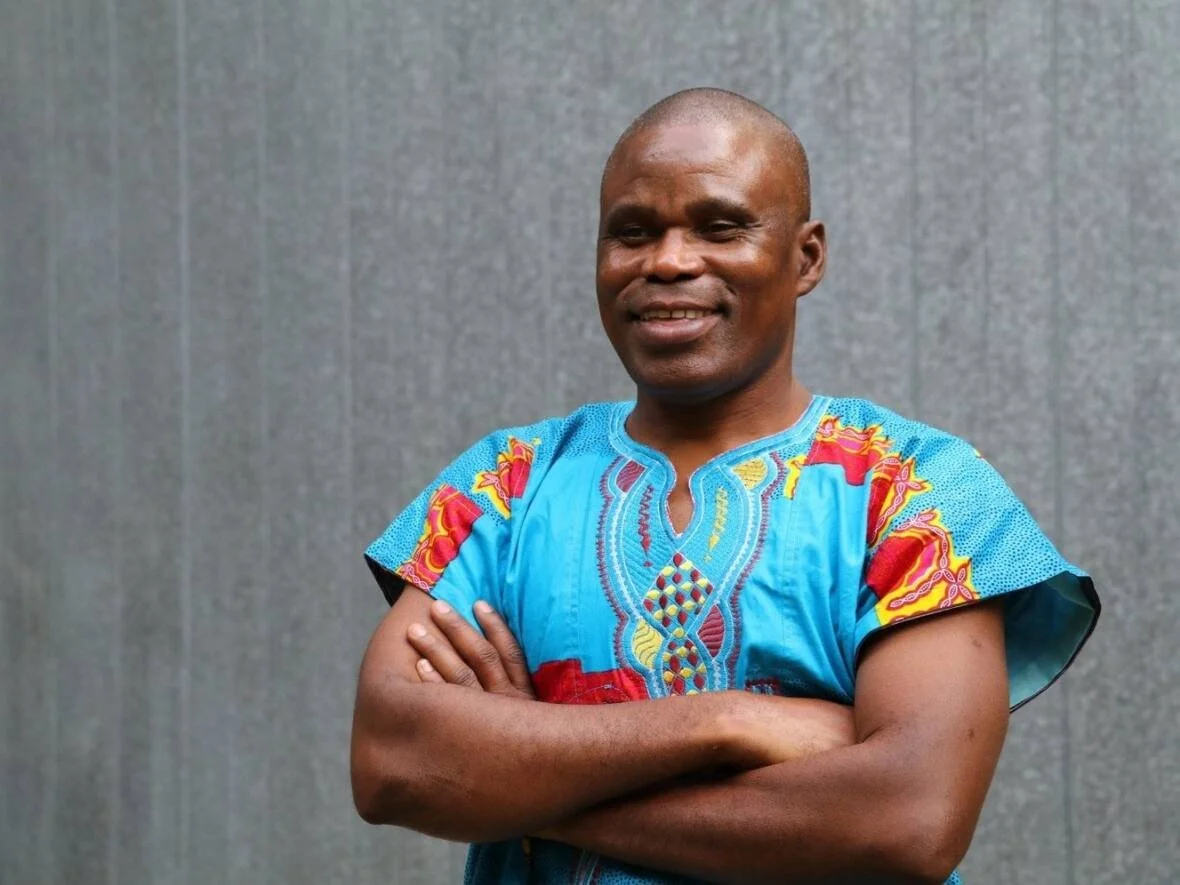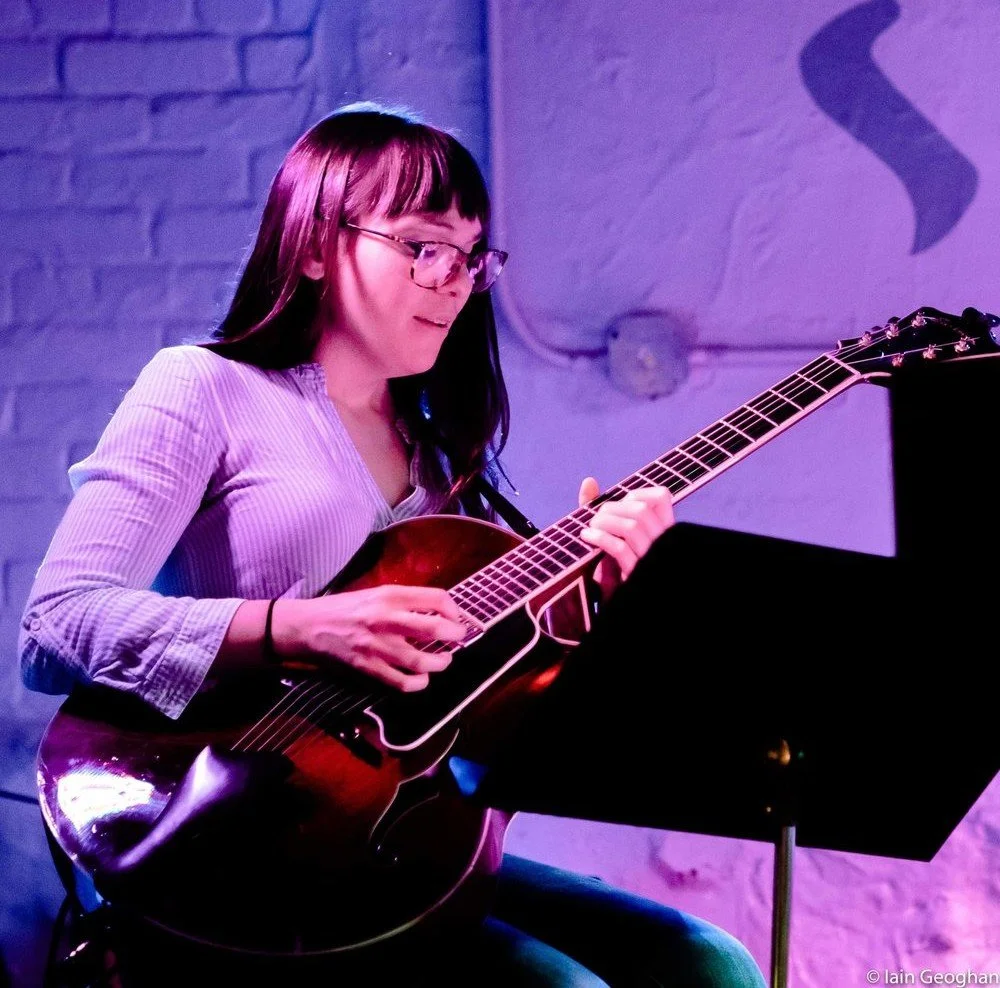For Vancouver flute player Christie Reside, dark and stormy music fits the times
The artist’s upcoming VSO performance does away with the instrument’s stereotypes
Christie Reside.
Vancouver Symphony Orchestra presents Beethoven’s Eroica on January 21 and 22 at 8 pm at the Orpheum Theatre.
CHRISTIE RESIDE, PRINCIPAL flute for Vancouver Symphony Orchestra, says the wind instrument she’s been playing for as long as she can remember is subject to certain gentle stereotypes. Her upcoming performance of Frank Martin’s Ballade for Flute, Strings & Piano with Vancouver Symphony Orchestra will blow those notions away.
One of the foremost Swiss composers of the 20th century, Martin wrote the Ballade for Flute in 1939, it going on to become a mandatory audition piece for a Geneva competition. He experimented with atonality in the haunting narrative composition, in which the soloist is the storyteller.
“This piece is really intense, really energetic, and very exciting,” Reside tells Stir by phone. “As a show piece, it’s meant to show your technical facility and give you an opportunity to be expressive; it has some lyrical passages and some very powerful, explosive passages. Most of our [the flute’s] show pieces tend to be quite… for lack of a better word… frilly; so pleasant, so cheery, so upbeat—all the things people would normally associate with the flute—bright, shiny, and fluttery. This piece is extremely dark. It explores a different side of the instrument that I really like.
“We tend to be pigeonholed as the bird—the pretty instrument, the pretty melodies,” she adds. “I love that too; I have nothing against pretty melodies, but pieces like this that are dark and stormy and aggressive suit my personality a little bit better.”
A Calgary native, Reside comes from a family of musicians; both of her parents taught flute and her two brothers played it. She studied at McGill University, trained at the Banff Centre for the Arts, and has competed and performed around the world, including at the Spoleto Music Festival in Italy and with the Sydney Symphony Orchestra and the Malaysian Philharmonic Orchestra. A member of Standing Wave Ensemble, she loves music that’s daring and that takes listeners and artists in unexpected directions.
“What I enjoy about the flute in particular is that it’s capable of so many colours,” says Reside, an adjunct professor at the University of British Columbia and faculty member at the Vancouver Academy of Music. “It’s the only wind instrument that you don’t blow all of your air into, so there’s a much broader range of sounds you can produce. That’s especially true when playing new music and with the way composers have found to get malleability out of the instrument. I’m always discovering more things about my instrument that I never thought possible.”
Also on the VSO program is Sri Lankan-Canadian composer Dinuk Wijerante’s Polyphonic Lively and Beethoven’s Symphony No. 3 in E-flat Major, Op. 55, the latter better known as Eroica Symphony and one of Reside’s favourite pieces to perform. Moody, dramatic, assertive—and, when it premiered in 1805, boundary-pushing—it takes its name from the Italian word for “heroic”.
“It has a pretty epic flute solo in the fourth movement,” Reside says. “It’s one of those pieces that’s just so evocative, so representative of its time; to hear so much strife, I love it. There’s so much excitement, so much heartbreak, so much tragedy.”
In Reside’s view, the concert as a whole is a timely response to the current era of so much pandemic fatigue and worry.
“For me, I’m always looking for an escape from what is causing me to doom scroll at the moment,” she says with a laugh. “Sometimes I want something a little bit more relaxing or calming, but right now I’m really enjoying listening to these angry explosions because that’s how I feel at the moment. I’m feeling frustrated and helpless, so for me, listening to music where composers seem to also be expressing that, I find that very cathartic.
“They’re intense,” she adds. “When I’m vibrating on this high frequency with all the stress all the time, I find it helpful. This is an opportunity to bring these fantastic works to life and be as good a translator as I can.”
For more information, see Vancouver Symphony Orchestra.


